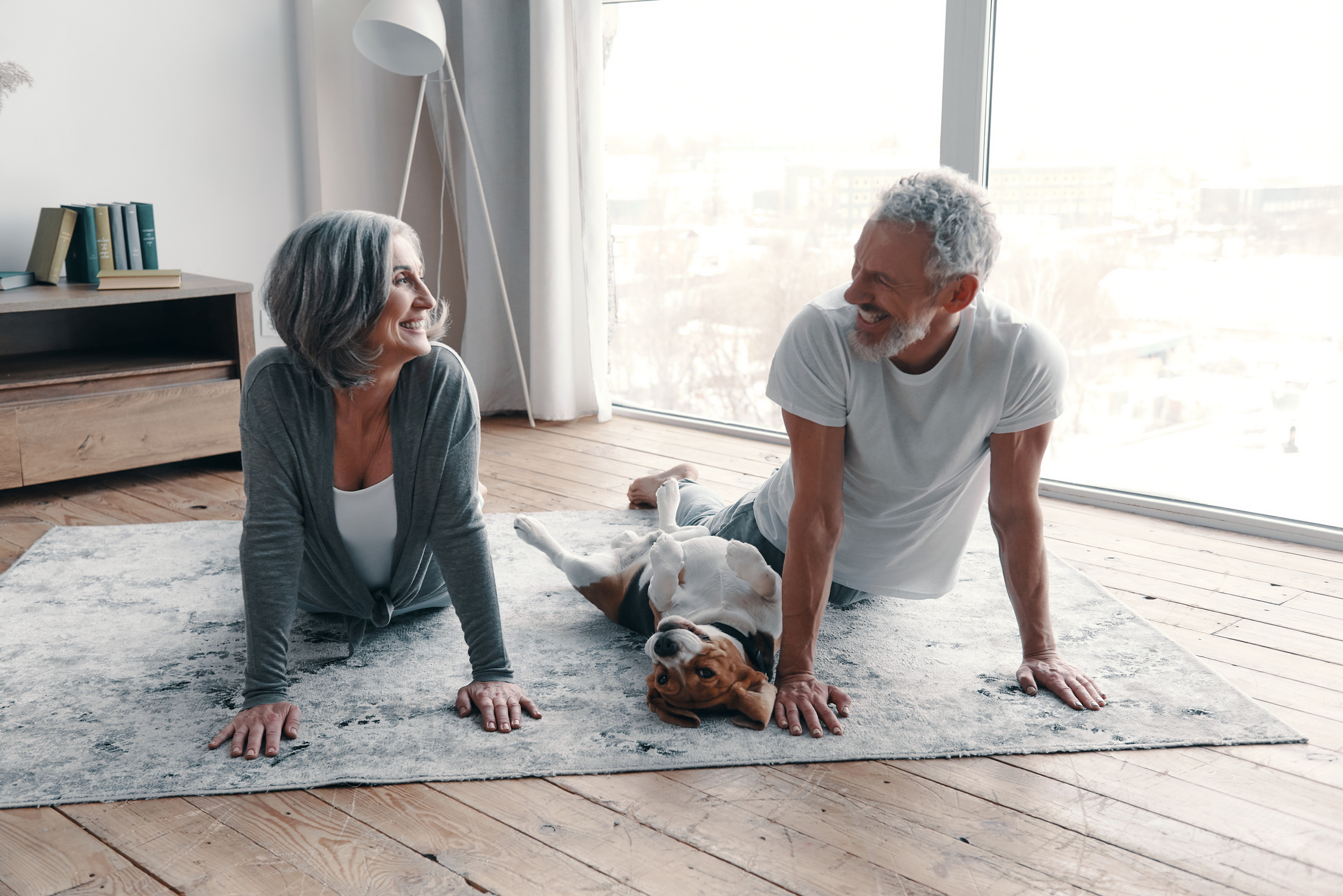

Retirement age is synonymous with taking it easy.
After all, you’ve spent the majority of your life to this point working hard, possibly raising children and being involved in all that society expects of you — and now it’s time to take it easy, right?
Wrong!
According to research from a team of evolutionary biologists and biomedical researchers from Harvard, if you’re taking it easier as the years pass — spending more time on the couch and less time being active — you’re setting yourself up for deterioration, disease and a shorter life.
In fact, their research has now shown that humans are actually “wired” to remain physically active as we age. And there’s one very good reason…
Physical activity builds your body back stronger
Their study is laying out the evolutionary and biomedical evidence showing that humans, who evolved to live many decades after we’ve stopped reproducing, also evolved to be relatively active in later life.
In fact, physical activity later in life shifts energy away from processes that can harm health to mechanisms in the body that can extend health and life.
Specifically, they examined two pathways by which lifelong physical activity reallocates energy for this purpose…
The first demonstrates that when we spend less time on our butts, our bodies are able to shift energy away from processes that can compromise our health (like excess fat storage) and toward mechanisms that extend it — like the bodies’ repair and maintenance processes.
Secondly, because exercise physically stresses the body, it causes damage at the molecular, cellular and tissue levels. This may sound like a negative, but the opposite is true…
When your body is damaged by exercise, its response is to build back stronger.
This includes repairing tears in your muscle fibers and any cartilage damage and healing microfractures. It also results in the release of exercise-related antioxidants, natural anti-inflammatories and enhances blood flow — promoting overall health.
If that sounds like a lot, how about this: Past studies have even shown that just 10 minutes of exercise alters 9,815 molecules in your body!
Because of these effects, the repair and maintenance processes have been shown to lower risks for diabetes, obesity, cancer, osteoporosis, Alzheimer’s and depression. The same research shows that in the absence of physical activity, these responses are activated less.
In other words, according to the research team, the key health benefit of physical activity is to extend the human healthspan — which is defined as the years of life spent in good health.
“The key take-home point is that because we evolved to be active throughout our lives, our bodies need physical activity to age well. In the past, daily physical activity was necessary in order to survive, but today we have to choose to exercise, that is do voluntary physical activity for the sake of health and fitness,” said Harvard evolutionary biologist Daniel E. Lieberman, the paper’s lead author.
Get out of your chair to extend your life
So if you want to live healthier, longer, get up and get in some exercise! And forget the myth that getting older means slowing down.
Find something you enjoy and keep doing it.
Even small amounts of physical activity — just 10 or 20 minutes a day — can substantially lower your risk of diseases that would otherwise rob your healthspan.
You could try the new trend of “health snacking.”
And if you’re having trouble fitting physical activity into your daily schedule, no worries. Dr. Michael Cutler has three tips that can help you restructure your attitude toward physical activity in order to make it an irresistible part of your day.
Sources:
Taking it easy as you get older? — EurekAlert!

